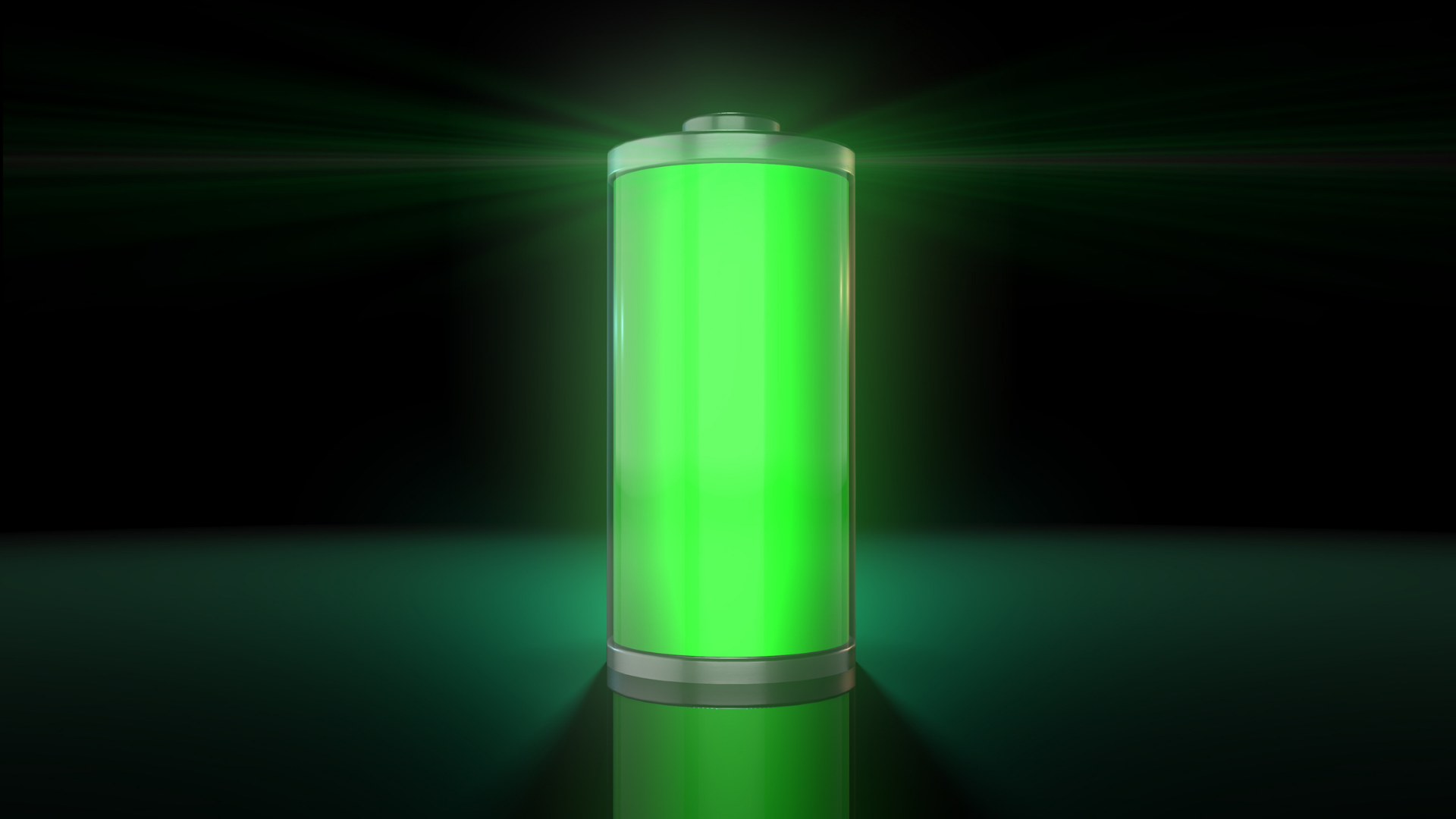Enabling reliable, long-lasting energy storage for off-grid applications, lithium-ion battery technology has truly changed our world. Even with these advancements, however, there is potential to improve the lithium-ion battery. One advancement that could once again change the way we store energy is the development of the solid-state battery.
What Is A Solid-State Battery?
Before we learn what a solid-state battery is, we need to understand how current lithium-ion technology works. Lithium-ion batteries work by letting ionic lithium cross the electrolyte barrier between the battery’s anode and cathode (the positive and negative ends). This electrolyte is a liquid in standard lithium-ion batteries.
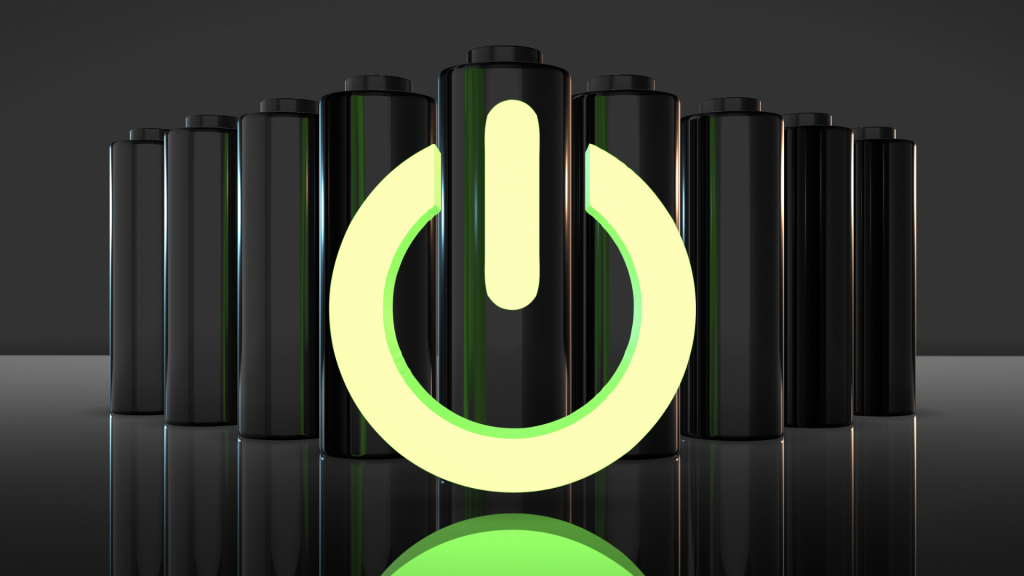
A solid-state battery uses a solid electrolyte to regulate the lithium ions instead of a liquid one.
The main difference between a lithium-ion battery and a solid-state battery lies within the electrolyte. While lithium-ion batteries (and most other batteries) use a liquid electrolyte, solid-state batteries use a solid electrolyte.
How Does A Solid-State Battery Work?
Every battery has two electrodes – an anode (negative side) and a cathode (positive side). These two electrodes are made of an electrically conductive material.
Between these two electrodes (and within them) is an electrolyte containing electrically charged particles (ions). The electrolyte allows lithium ions to travel through it to combine with the anode or cathode (depending on charging or discharging). This chemical reaction permits the flow of electrical charge between the cathode and anode (through a circuit), allowing a battery to generate an electric current to power your device.
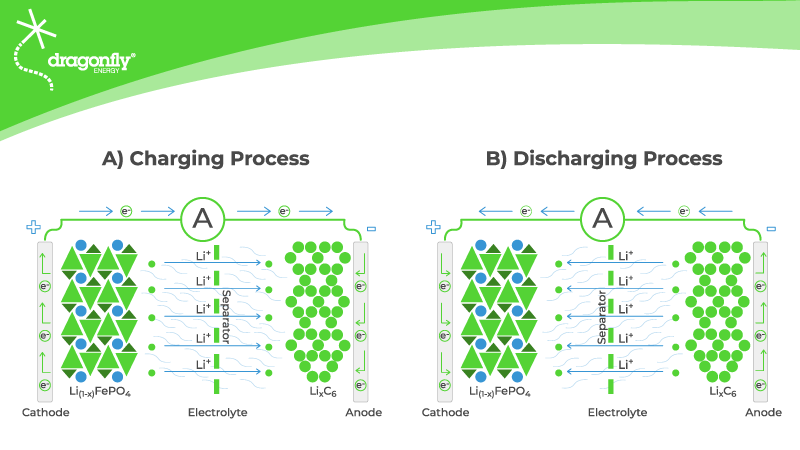
So when any device is connected to a battery, let’s say a light bulb, for example, a chemical reaction occurs between the anode, cathode, and electrolyte, creating a flow of electrical energy to power the light bulb.
A lithium-ion battery uses a liquid electrolyte to regulate the flow of current, and a solid-state battery uses a solid electrolyte.
And THIS is the difference that will matter!
Benefits of Solid-State Batteries
There are multiple benefits to solid-state battery technology. In short, the solid electrolyte used in a solid-state battery provides higher energy density, longer lifespan, and increased safety in a smaller size!
Let’s take a closer look at how this translates to how a user will benefit from solid-state battery technology:
Smaller and More Lightweight
Energy density measures the amount of energy a battery contains proportional to its weight. Solid-state batteries are said to be capable of delivering 2.5 times more energy density of current lithium-ion tech. This tremendous increase in solid-state batteries’ energy density means that they will be far smaller and lighter.
Higher energy density means that batteries could be much lighter and store the same amount of energy. Weight is a critical concern for mobile power applications, so this could be a game-changer. Cars, trucks, RVs, boats, and airplanes all could benefit from being lighter.
Electric vehicles also have much to gain from this technology as they could get much more range with less weight and space in battery storage.
Faster Charging Times
Solid-state batteries can work at very high rates of power. Research suggests that they may be able to recharge 4-6 times faster than current technologies safely.
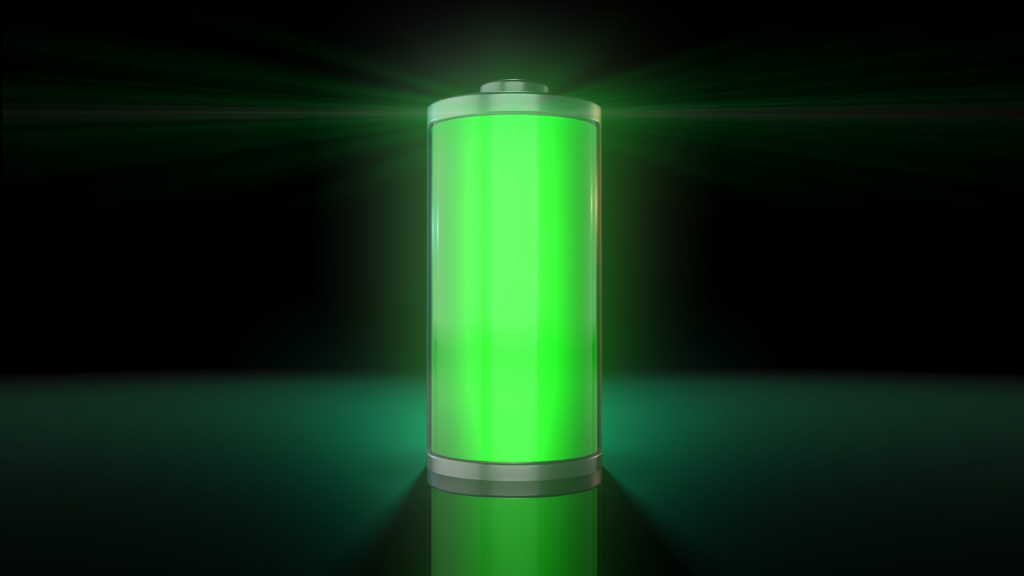
Safer Battery Experience
Liquid electrolytes found in lithium-ion batteries are extremely volatile and highly flammable. These electrolytes also mustn’t be exposed to air. Solid-state batteries contain no liquid parts and will not have this volatile component.
So while lithium-ion batteries are subject to events like thermal runaway leading to explosion and fire, the solid electrolytes used in solid-state batteries are nonflammable and thus present a lower risk of igniting a fire. While the battery may get hot, there is nothing flammable within it that will catch fire.
Additionally, these batteries will require fewer safety systems than lithium-ion batteries do. Eliminating additional electronics can contribute to smaller, lighter-weight battery packages, which further enhances solid-state batteries’ energy density.
These batteries may not even require an external BMS in certain situations, greatly simplifying its construction.
Much Easier to Manufacture
Working with a volatile liquid that cannot be exposed to air is a huge challenge that could be completely eliminated with solid-state battery technology. A solid electrolyte could enable much faster production that uses less material and energy.
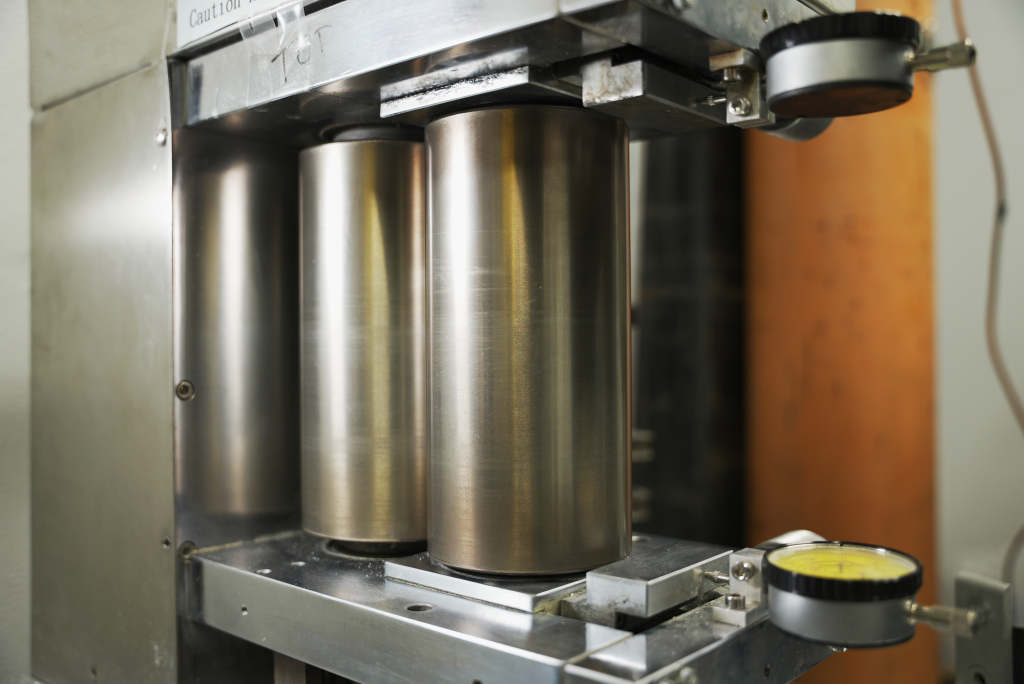
Are Solid-State Batteries Too Good To Be True?
Absolutely not! Research is being done around the world, with new publications and papers coming out regularly on advancements. With so much to gain from solid-state technology, there is significant interest in it from many research firms and companies.

In conclusion, compared with conventional lithium-ion battery technology, solid-state batteries will be lighter, smaller, more powerful, charge faster, last longer, and be safer.
Read about Dragonfly Energy’s technology and how we’re revolutionizing not only advances in solid-state batteries but also the manufacturing process. We offer a full line of lithium-ion deep cycle batteries for 12-volt, 24-volt and 48-volt systems. Our batteries are the ultimate replacements for traditional lead acid batteries and relief of battery anxiety.
